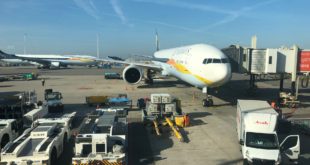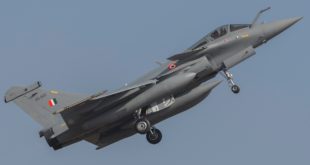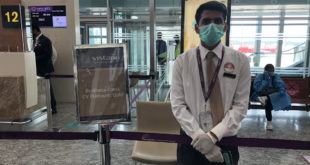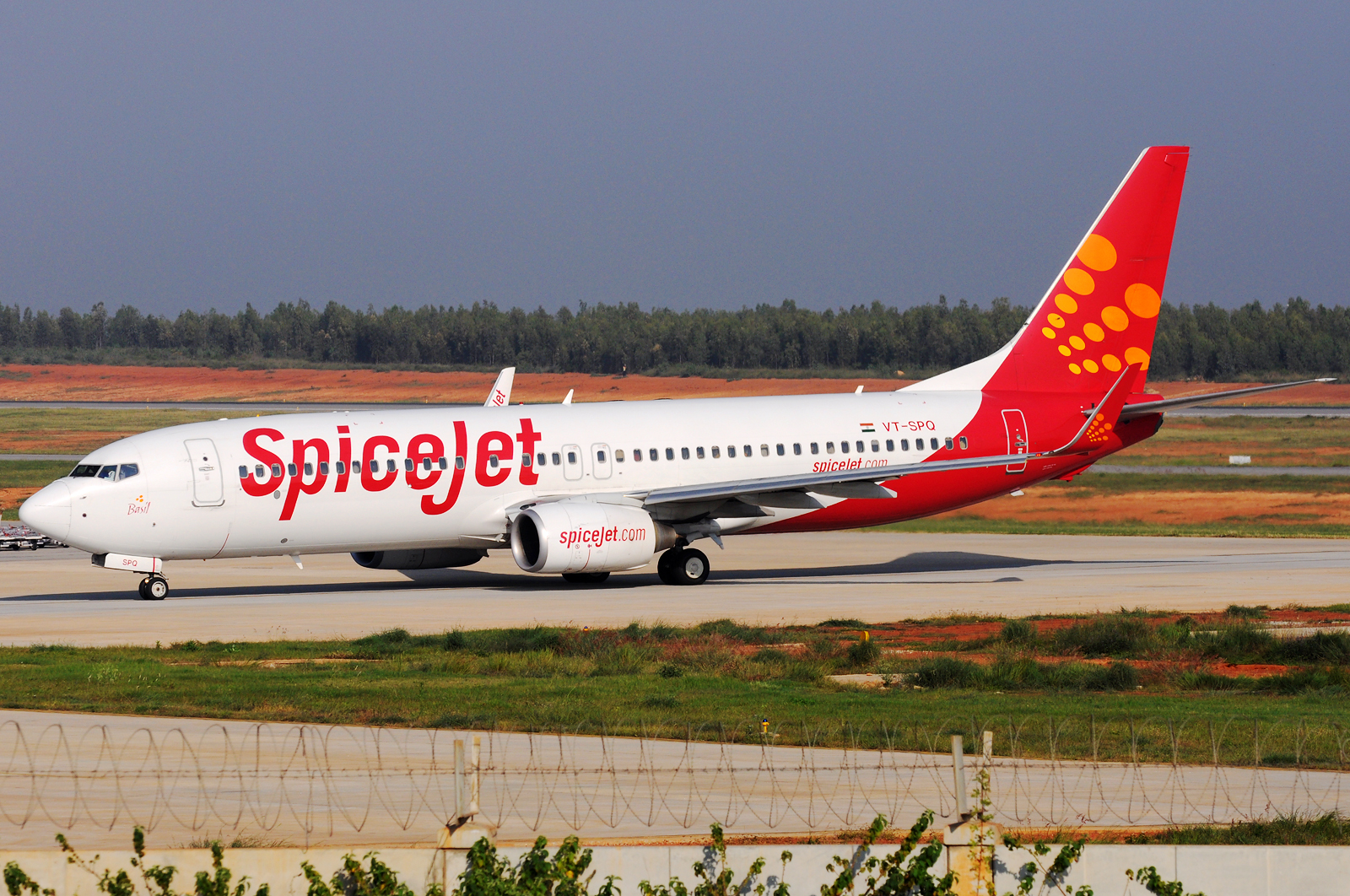Jet Airways has suspended operations as of April 17, 2019. It was an action that should have been taken much earlier. The debate continues on whether a consortium will successfully bid and re-start the airline or if the government will step-in. While the 16,000+ employees are still hopeful, the fact of the matter is that actions have left the airline in a significantly weakened position and actually make it less attractive for any bidder to come in. These being:
The reallocation of slots makes the airline less attractive
Jet Airways, being the oldest private airline in the country, had significant presence in metro cities. With ~65% of airport traffic still concentrated in metros coupled with lagging airport capacity enhancement the ability to fly in and out of metro’s at attractive times is a source of significant value for any network. And consequently for any airline.
Accordingly, Jet Airways slots would be very attractive to a buyer and indeed to a turnaround. This reallocation does not bode well. And how these will be taken back and given to Jet in the event of a re-start is anybody’s guess.
A depleted fleet hampers the ability to defend
Just a few months ago, Jet Airways was flying a fleet of 119 aircraft. Of that, approx. 24 aircraft are already de-registered and another 15-20 may further be de-registered. The only good news is that requests for de-registration for seven aircraft (the ATR fleet) have been withdrawn. Even so, if one looks at the fleet numbers the data points to below:
| Number of aircraft de-registered | 24 | Applications already processed by DGCA |
| Number of aircraft grounded | 5 | 737 Max aircraft (part of global grounding) |
| Number of wide-body aircraft | 19 | Of this, 10 B777s are financed by Exim and loans on that have been recalled |
| Number of regional aircraft | 16 | ATR fleet profitability is dependent on a wider network |
| Number of additional aircraft for de-registration | 15 | Additional aircraft that may be deregistered |
| Net fleet | 65 – 75 | The effective fleet including 16 ATRs |
Were Jet Airways to re-start, it would be looking at a net fleet of 65 – 75 aircraft (which is an optimistic assessment). With a significantly depleted fleet, Jet would have to revisit its network and it ability to defend its market position will be hampered. Earlier actions like cancelling all operations to Abu Dhabi may now be questioned. Additionally, feed to its international long-haul operations will likely be impacted.
Bottom line is that to be able to defend itself any airline requires capacity. And in the case of Jet this very capacity has been significantly impacted.
Immediate payables deter most buyers
Prior to the suspension of operations, Jet Airways required INR 1500 crores of cash infusion to keep going. However, this did not come through. Thus, salaries were delayed, payments were deferred and there was a default on some loans. The payables (estimated between INR 2000 – 3000 crores) represent a challenge as any cash-infusion will require accounting for the payables. Which means that the expectation from several stakeholders is that of the amount infused approx. 2000 crores will immediately be used for past dues. But if the cash infusion comes with qualifiers, then Jet will essentially have to renegotiate the payment of the past dues – a process that will be painful and long.
The Government position: let market forces prevail
The Minister of State for Civil Aviation was recently interviewed by ET. In the interview, the minister highlighted that one has to think of the sector with a long term view. Regarding the decision on funding, he indicated that it is being led by the banks including the process for selecting the bidder and that in an open market economy some companies succeed while others fail. Additionally, he is confident that employees of Jet Airways will be absorbed by other carriers. The government, per the ministers comments, does not see a systematic risk posed by a Jet Airways failure or exit from the market. As such, the comments don’t point to an intervention by the government.
Competitors actions further impacts value erosion
The expressions of interest are based on a price-value equation that was highlighted earlier. Any bidder looks at assets that can generate future cash-flows.
In this case, Jet’s most valuable assets including aircraft and employees are already being taken by competitors. Sources indicate that SpiceJet has already taken 15 – 17 aircraft on lease and may take as many more in the months to come. To be sure, SpiceJet is helped by this arrangement as it has been impacted by the grounding of the 737 MAX (the only other Indian operator of the 737 MAX was Jet Airways). Air India has also expressed an interest to take over the Boeing 777s of Jet Airways.
Competing airlines such as SpiceJet and Vistara have offered positions to several employees. Key management personnel have left. And as pilots and engineers seek roles elsewhere – these skilled positions are hard to fill given the demand for talent.
With these key assets being taken by competitors, if Jet restarts operation it will be a very different one than the Jet Airways that employees knew.
As lenders wait for binding bids for Jet Airlines, the actions thus far have resulted in value erosion for the airline. While some of this is inevitable, other actions or lack thereof are leading to uncertainty for investors, stakeholders and employees alike.
A former CEO of British Airways once stated, “Some CEOs love to stand in front of employees and give them good news; I’d rather give them the truth.”
In the case of Jet Airways, this may be the just the philosophy to follow.
 Bangalore Aviation News, Reviews, Analysis and opinions of Indian Aviation
Bangalore Aviation News, Reviews, Analysis and opinions of Indian Aviation




2 comments
Pingback: Air India wants 2400 crores more, the bleeding continues – Bangalore Aviation
Pingback: Any bailout of airlines must also force structural reforms – Bangalore Aviation